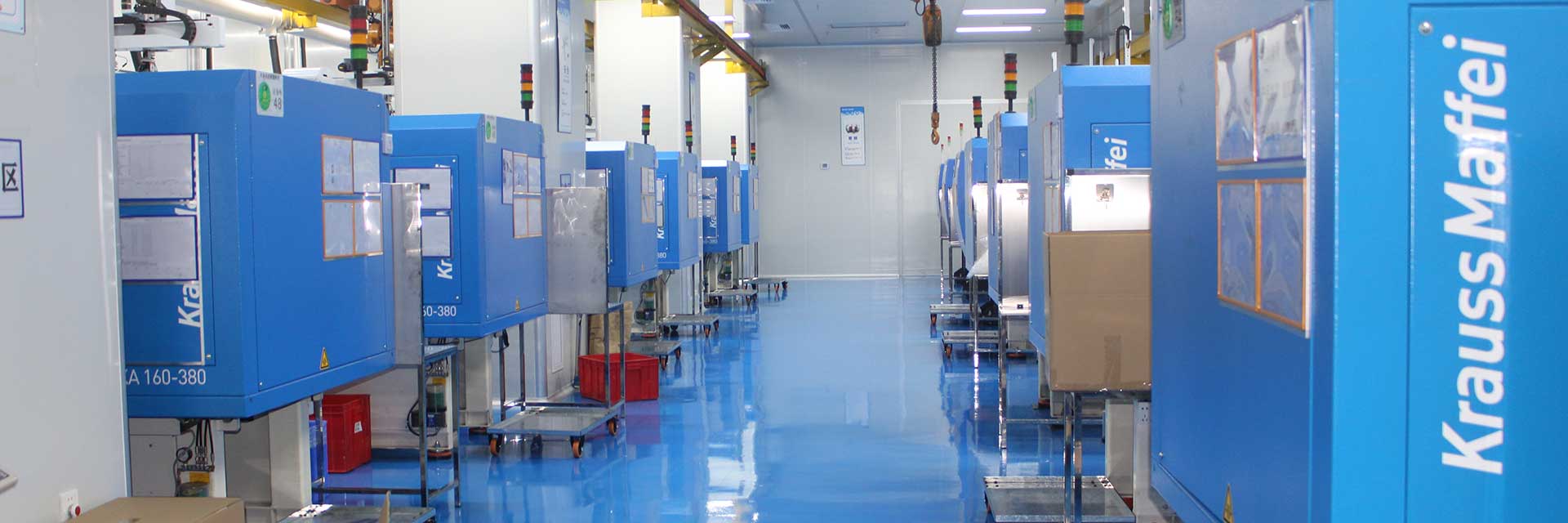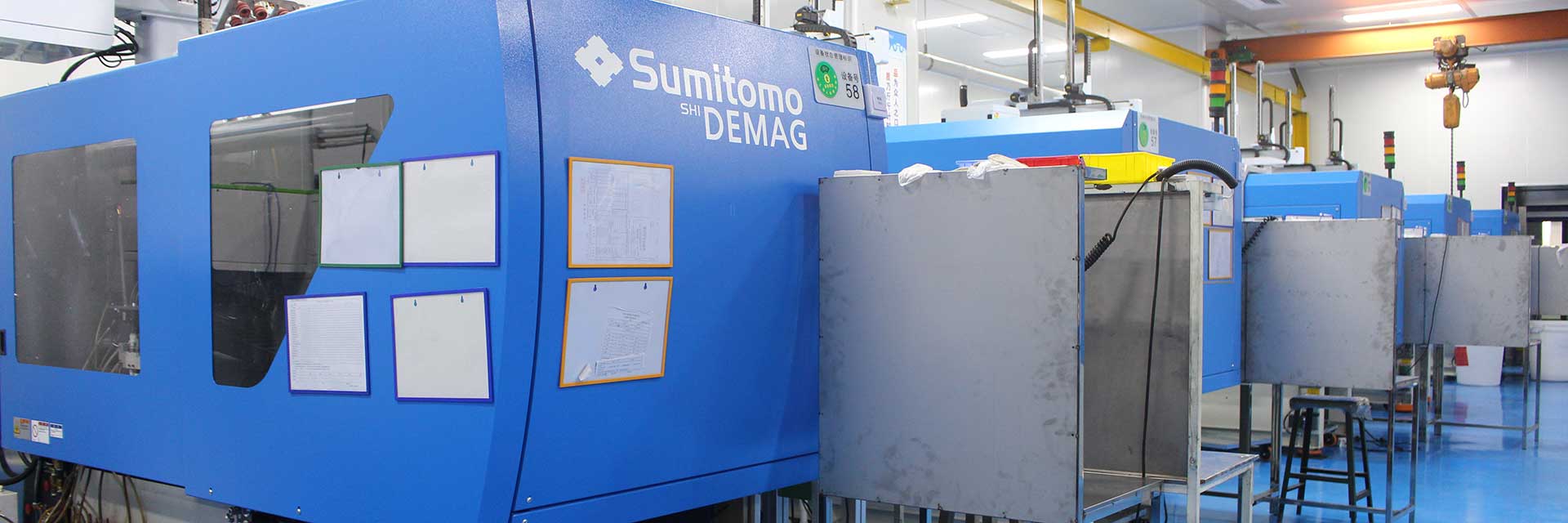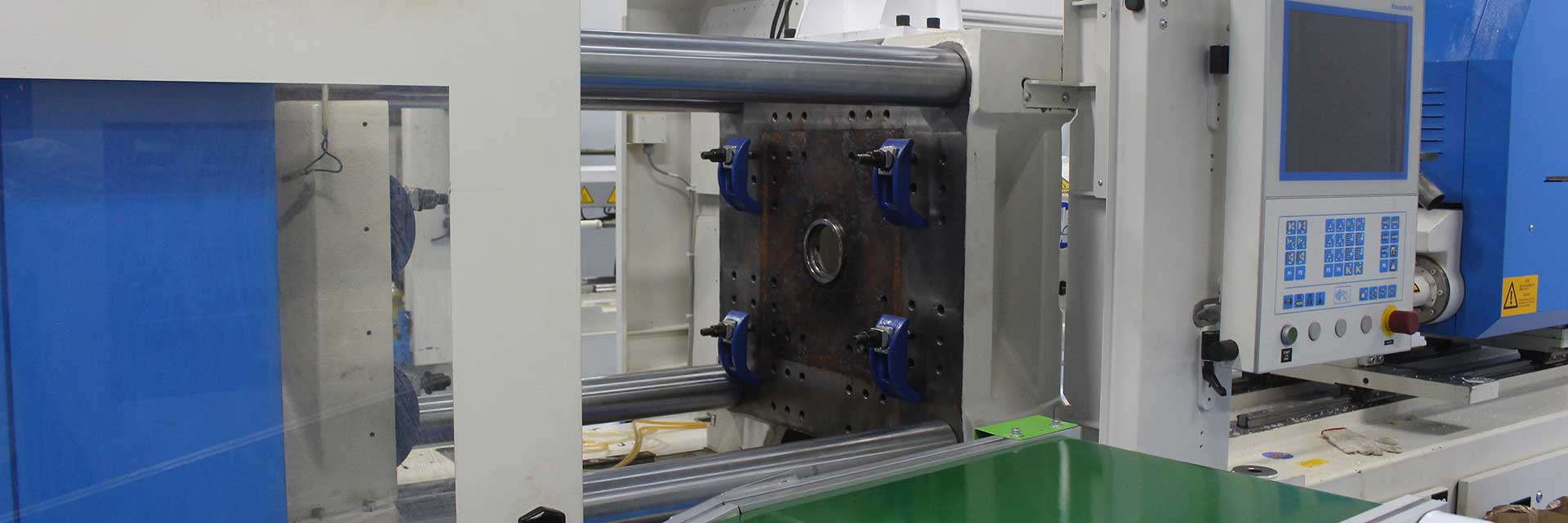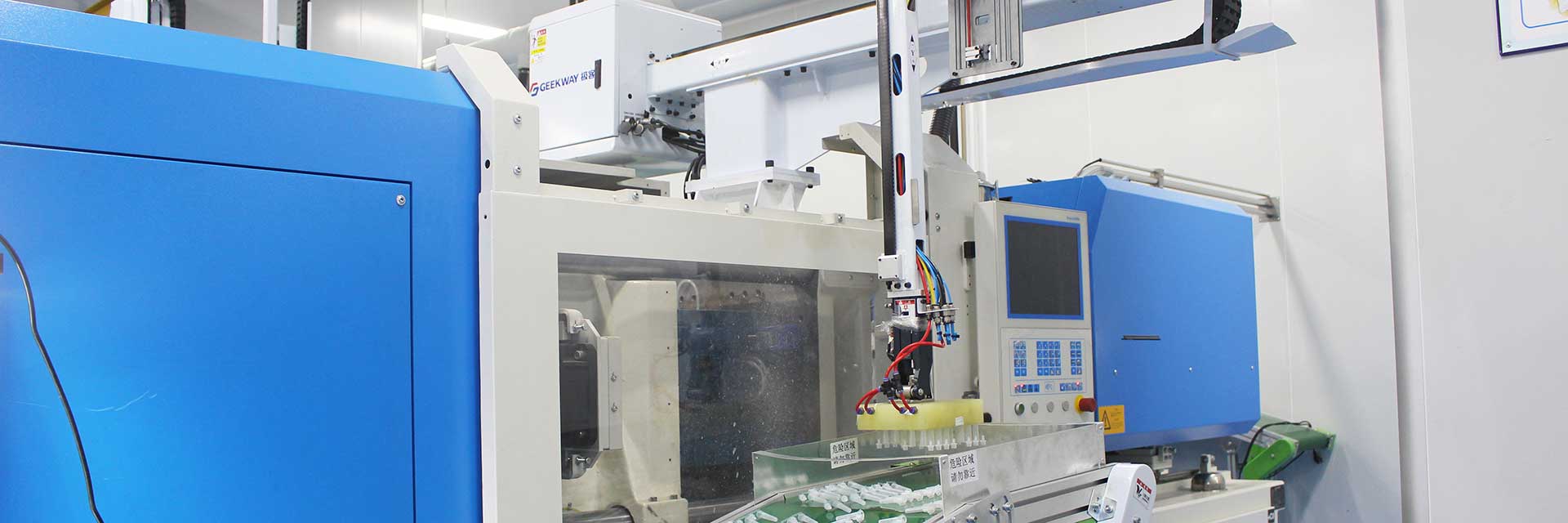Quality control in manufacturing is significant for justifying business viability. Its proper implementation in a production environment carries numerous benefits for stakeholders including investors, consumers, and employees.
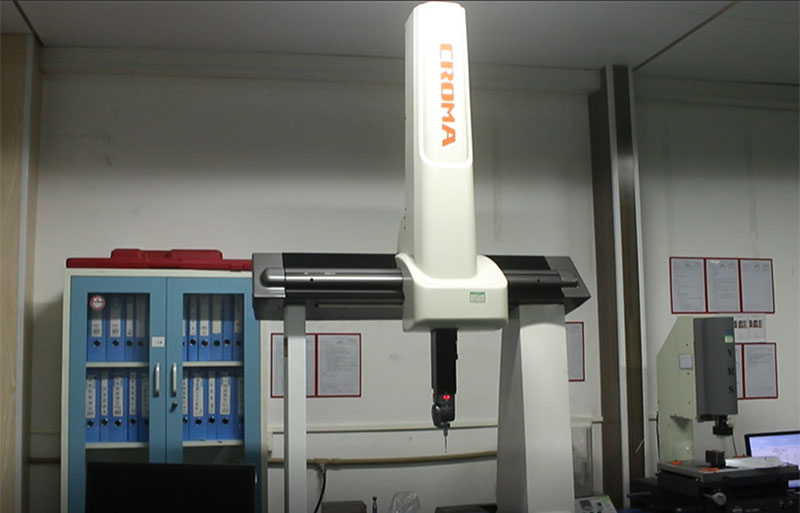
Improved Product Quality
The core purpose of quality control is to ensure that the product consistently meets its specified quality standards. By using quality control tools, a manufacturer can reduce the product’s defects and variations, and its overall quality rises. This, in turn, pays consistent dividends to the company.
Cost Saving
Poor quality control in manufacturing and financial loss go hand in hand. The risk of expensive recalls and reworks is quite costly, and it can be significantly reduced by implementing quality control techniques.
Moreover, quality control methods also streamline overall operations, decreasing material waste and improving inefficient processes. These factors lead to indirect cost savings as well.
Enhanced Customer Satisfaction
Customer satisfaction is what keeps people in business. Quality control reduces product faults and decreases costs, making them more reliable and affordable for customers to prefer over competing products.
Compliance with Standards and Regulations
There are heavy regulations on the manufacturing industry by quality standards and environmental protection laws. Implementing extensive quality control procedures enables companies to ensure compliance with these standards and regulatory requirements.

